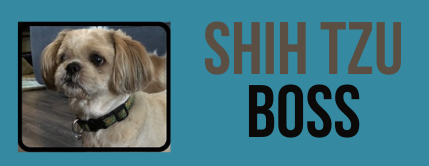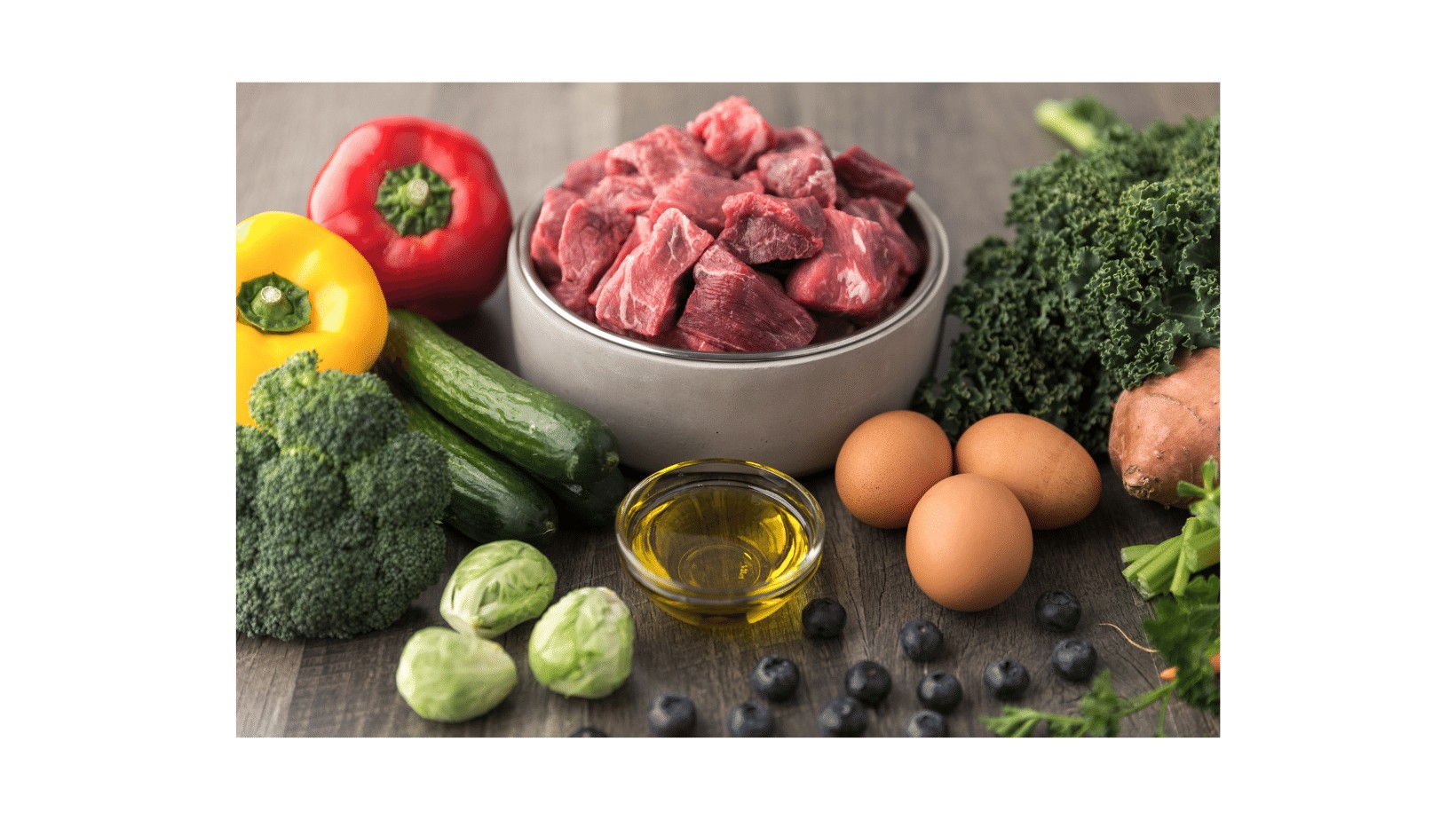Most dogs require a reasonable amount of protein. So what dogs will benefit from low-protein dog food? And when should a small dog such as a Shih Tzu go on a low protein dog food?
This is important; the average healthy dog should not be fed a low-protein diet. Protein is an essential requirement to maintain the health of your dog. Proteins contain amino acids, an essential ingredient to build and maintain muscle, organs, and antibodies.
However, this protein should be of higher quality, as low-quality protein is harder to digest, and could indeed strain the kidneys.
When to use Low Protein Dog Food
So back to our question, when should low-protein dog food be used? Only for medical reasons. Only on the advice of your veterinarian should you consider using a low protein diet for your dog.
There are several medical conditions that might require a dog to go on a low-protein diet, such as kidney disease, liver disease, and some types of bladder stones. Dogs with these kidney or liver diseases may need a low-protein diet as determined by your veterinarian.
And if you need to use a low-protein diet due to a veterinarian’s diagnosis, make sure the protein is high quality so that the maximum nutrition can be gained from that protein.
If my dog is Senior can it be fed low protein Dog Food
Healthy dogs such as Shih Tzu should have a moderate amount of protein, above 20% protein content, preferably 25 to 30%. as we mentioned in our Best Dog Foods For Shih Tzu article.
So, then, why is it still common to believe a high-protein diet is dangerous to older dogs and kidney health?
Historically, dogs with kidney disease were placed on low-protein diets because digestion of this food puts less stress on the kidney. Or they can be put on a diet that does not have reduced protein, but the protein type is high quality that is more easily digested.
This has led to the belief then that higher protein may be unhealthy for an older dog. This is not true.
In reality, older dogs will become less active than when they were younger. And they will be less efficient at absorbing nutrition from their food.
To keep your senior pet from losing muscle and wasting away, they should be fed more protein. As much as 50% more than in their earlier years.
So if you want to maximize the lifespan of your senior dog, feed a higher protein content of 30% or greater.
There is a great article that explains the diet for a senior dog at the Whole Dog Journal that I recommend you read. It helped enlighten me and you can read Diet and the Older Dog here.
Example of Low protein Dog Food
Now, remember, no dog should be fed a low-protein diet except on the advice of a veterinarian for a specific health issue. Here is one example of a low-protein food for informational purposes only.
I am not a veterinarian and do not recommend feeding a low protein food to any dog unless directed by your dog’s veterinarian.
Royal Canin Renal Support

Low protein foods may be less appetizing to your dog. Renal Support S is said to help improve their appetite to encourage them to eat this food.
- Key Feature; Veterinarian Prescribed Diet
- First 5 Ingredients; Brewers Rice, Corn, Chicken Fat, Brown Rice, Natural Flavors
- Guaranteed Analysis; 10.5% Crude Protein, 16% Crude Fat, 3.7% Crude Fiber, 10% Moisture
- Caloric Content; 365 kcal/cup
- Type of Product; Low Protein Veterinary prescribed dog food to support kidney health
- Lifestage; Adult
- Best for; All BreedSizes
The above is an example of a low-protein dog food that a vet may prescribe to support your dog’s kidney health, You will need a prescription from your vet to purchase this food
Closing Thoughts
We had a 16-year-old Shih Tzu mix. Did we feed him low-protein dog food? Absolutely not. He received the same diet as his younger dog mates who are in the 3 to 7-year range. They all eat moderate to high protein and moderate fats. Of course, the proteins are high quality which prevents adding strain to the kidneys.
A senior dog should get more protein and fewer calories to maintain his health and help reduce muscle loss. An older dog such as our Shih Tzu cross absorbs less nutrition as they get older, and needs a higher protein content.
Georgie did well to be with us until 16 1/2 years of age, and he remained healthy for his age. He did not have any kidney or liver issues, so we kept him on a higher-quality protein diet.

No low-protein diet was used for this guy! In addition to Royal Canin Shih Tzu kibble, we fed him lots of fresh cooked unseasoned chicken. Yes, high protein lean chicken with green beans for fiber. It’s the one thing that got him moving fast and jumping when we call him to eat. It was rewarding to spoil our senior Shih Tzu and see him happy in his golden years. We loved you Georgie and miss you!

